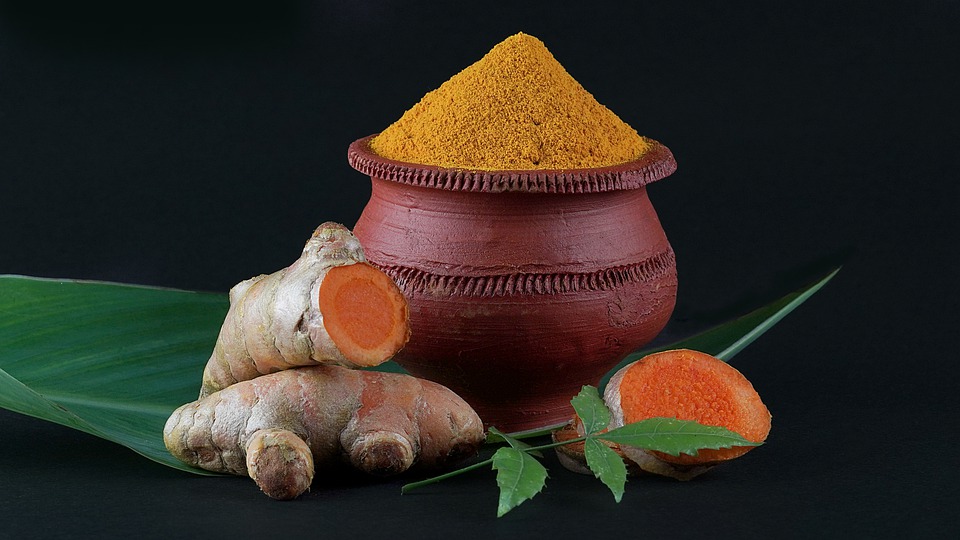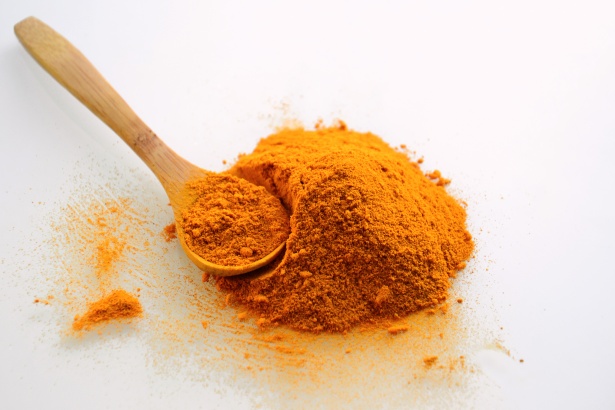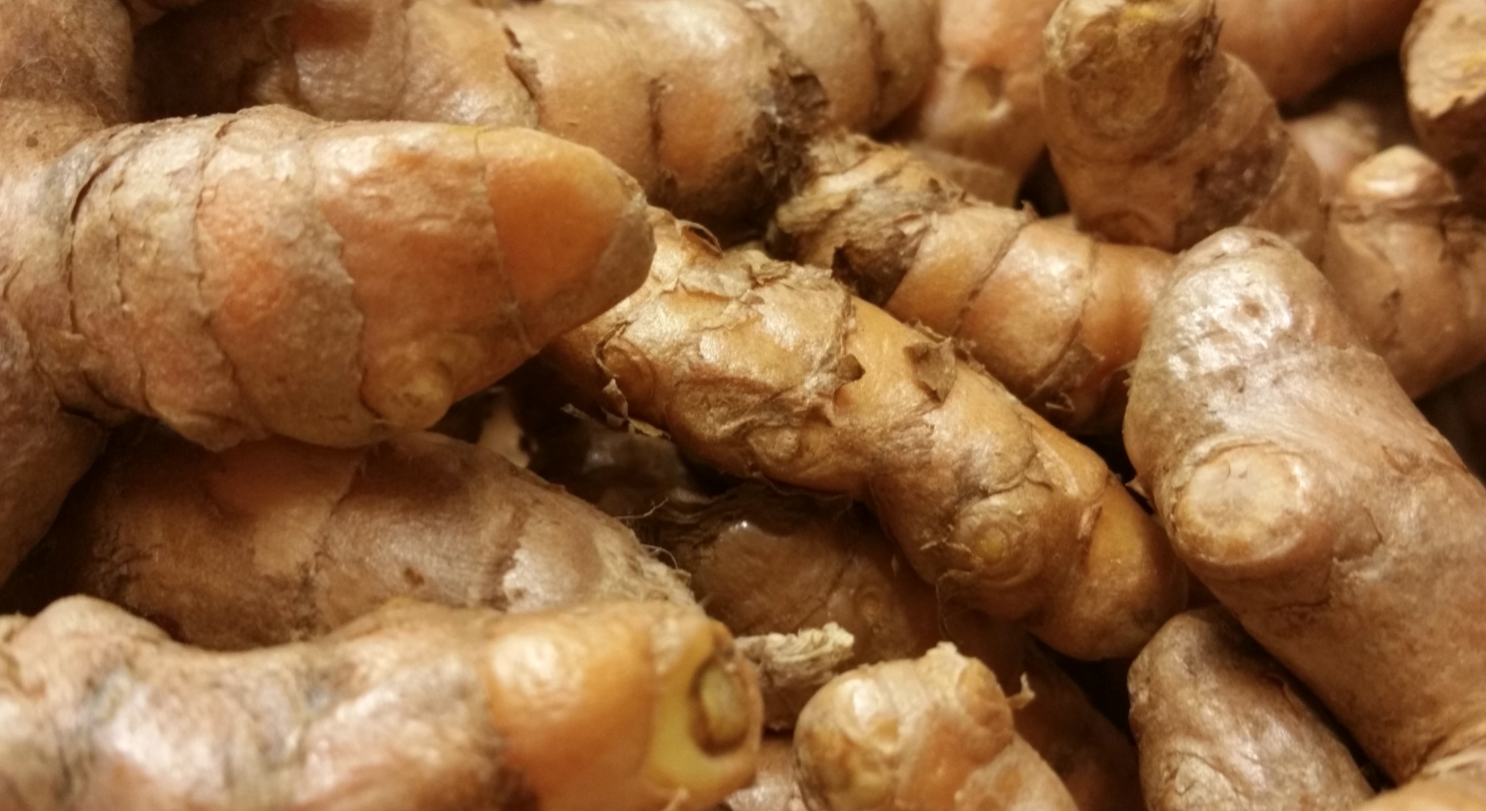
As the trees around us start to shed, and things become barer, it is natural for us to fall into the same pattern. Fall is the season to shed the parts of ourselves that no longer serve us and use the space
that is created to build something new. This can leave us feeling a little exposed and raw as we strip down to a quieter essence of being and savor the moments of connection and simplicity. In Ayurveda, the science of life, it guides us to live our lives in the same rhythm as nature does since we are a reflection of nature and the universe. We are moved by the energies around us and with that comes finding balance through food and lifestyle.
Some ways to feel more balanced in the fall is by filling the house with what nature gives us, the colors, the plants, the smells. Slowing down and filling that extra time we now have with grounding techniques such as self-love practices, yoga, and meditation, Lastly, eating what food is naturally given to us at this time, filling our bodies with pure nourishment. These are simple and beautiful ways that can help us not only feel nourished but find a guilt free time to enjoying the holidays, especially Thanksgiving, and not feel overwhelmed by interactions with friends and family. The more we take time to honor the natural rhythm inside of us, the more we feel a sense of ease and with that, we let the body relax, the mind relax, and limit stress in our lives. How amazing does that sound? Feeling balanced, not stressed, and fully enjoying Thanksgiving and all that it brings?
I remember as a little girl living in Ohio, my mother would take us to the apple fields to go and pick all the apples we could fit into our little baskets. The joy I got from this was something I will live with forever. The abundance of apples during this time would give us the inspiration to do many things with them in the kitchen, one being Apple cobblers. It would fill the house with a smell that could make anyone melt. It was the perfect dish to support nature and gather smiling people for. After eating a meal of such abundance like thanksgiving, a nice simple, light, and nourishing dessert is something that can really help with digestion and energy. Making us feel revived instead of depleted. This apple crisp will leave the house smelling divine and will leave everyone in a state of joy and harmony. It’s spiced with warming spices that will keep you cozy, it’s gluten free, vegan, light in sugar, it’ll keep that “guilt free” mentality low, and will give thanks to nature and all that it truly supplies. We become so connected with everything and swim with the flow of life instead of upstream.
Thanksgiving is the time to share, to gather, and to give, so enjoy this time of the year and share the gift of longevity, overall health and of course some deliciousness. Also, if you get the chance and live near a place to pick your own apples or support a local farmer, it makes the food even more rewarding and will certainly make someone’s day brighter. I hope you have a safe and joyful holiday.
Most of love,
Chelsea

4 medium sized organic apples chopped
juice of one lemon
1 tbl cinnamon
½ inch fresh grated ginger
2 tsp fresh cardamom
½ tsp salt
2 tbl raisins
2 tbl cranberries dried
4 Tbl coconut oil melted
3 tbl maple syrup
2/4 cup almond meal
¾ cup gf oats
In a large mixing bowl mix the chopped apples, lemon, spices, and dried fruits then set aside.
Mix the coconut oil, flours, and syrup in a separate bowl and set aside.
Toss the apple mixture into a glass round pie dish, spread out and then evenly distribute the topping.
Pat down gently and if desired drizzle a little more maple on top.
Bake with foil on top for about 4 minutes then remove the foil and bake uncovered for 10-13 more minutes.
*note that if you want to have a cobbler style, double the topping so it can spread over the entire pie
in a more thick style
About the Author
 Chelsea Shapouri is a Lifestyle Consultant for woman and an Elemental Yoga Instructor based in Santa Cruz, CA. In her work, she offers Ayurvedic lifestyle modalities, Yoga, Breath work, Meditations, and Ayurvedic Recipes. Every client and student is rare and special to her. Chelsea’s mission is to find their unique rhythm, their primal-natural state, and from there support them with techniques and recipes that are meant for their bio-individuality. Harmony for the emotional body, physical body, and mental state is the embodiment she lives by and wishes to offer. Bringing people back home to themselves with techniques they can simply do themselves is what she lives for. The art of service is the art of love and she shares what has helped her heal for the hope to help others heal. Stay connected to Chelsea and read her story through social media or her website: https://primal-harmony.com/
Chelsea Shapouri is a Lifestyle Consultant for woman and an Elemental Yoga Instructor based in Santa Cruz, CA. In her work, she offers Ayurvedic lifestyle modalities, Yoga, Breath work, Meditations, and Ayurvedic Recipes. Every client and student is rare and special to her. Chelsea’s mission is to find their unique rhythm, their primal-natural state, and from there support them with techniques and recipes that are meant for their bio-individuality. Harmony for the emotional body, physical body, and mental state is the embodiment she lives by and wishes to offer. Bringing people back home to themselves with techniques they can simply do themselves is what she lives for. The art of service is the art of love and she shares what has helped her heal for the hope to help others heal. Stay connected to Chelsea and read her story through social media or her website: https://primal-harmony.com/



 insane? An entire third of your life. We’re only here for about 80 years, 90 if we’re lucky, and we’re going to spend a third of that asleep?
insane? An entire third of your life. We’re only here for about 80 years, 90 if we’re lucky, and we’re going to spend a third of that asleep?






















 Match the music with the pace
Match the music with the pace

 Farah is an inspirational yoga teacher, podcast host, and advocate of yogic practices that support health, happiness, and harmony. She is the founder of
Farah is an inspirational yoga teacher, podcast host, and advocate of yogic practices that support health, happiness, and harmony. She is the founder of 
 Published author and Yoga Instructor Lisa Feder is owner of
Published author and Yoga Instructor Lisa Feder is owner of 

